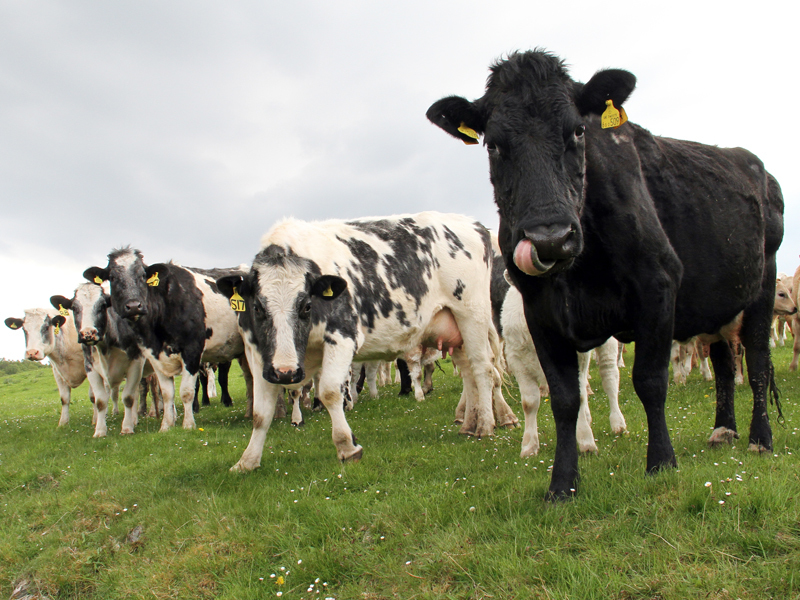The price crisis in the beef sector has left producer confidence so low that many are reconsidering their future in the industry, according to Farmers For Action.
David Handley, FFA chairman, said sector confidence was at its lowest point, and without an increase in profits within weeks, farmers would be forced to sell their cattle in the autumn.
Speaking at the Livestock Event in Birmingham on Wednesday, Mr Handley said the proposed voluntary code of practice to increase transparency in the beef supply chain needed to have an impact quickly to get cattle moving in the supply chain.
The beef industry, both in Scotland and south of the border, this week agreed to develop a voluntary code of practice for the sector.
“We have to see things change over the next three to four weeks if we are to see a change in producer fortunes,” he said.
“Confidence is at an all-time low – lower than the toughest times during the dairy crisis.
“We have producers who need to get cattle moving every week, yet they have a backlog of six to eight weeks. It can’t go on.
“If I was a beef producer looking at my numbers I would be wondering what I was doing it for.”
Mr Handley said the reduction in feed costs was helping, but it was unfair that producers had to depend on a fall in costs to make a margin.
There were also too many anomalies on the labelling and displaying of British beef in supermarkets, as well as issues with retailer margins which needed to be rectified urgently, he added.
“Unless the retailers look at their margin and get the stockpile moved things won’t improve,” he said.
“We want to know why ministers aren’t pressing the retailers more. If the retailers are taking a 30% margin in red meat, why aren’t they passing more down the chain?”
Farm minister George Eustice said the crisis had shown up weaknesses in the supply chain which the code of practice should help to resolve.
But he said the government was unable step in over margins and prices.
“We have to be honest about what we can and can’t do, and we can’t intervene on margins,” he told a press conference.
While labelling rules had helped shoppers to identify British beef in supermarkets, he said there were issues over some retailers mixing British and Irish beef on shelves.
“I understand why that’s frustrating for producers,” he said “It was something that was raised strongly at the meeting [between the industry, processors and retailers this week] and it’s something the retailers will reflect on.
“It was suggested at the meeting that beef prices are cyclical, and although the last six months have been pretty dire, we might see a bounce-back,” he added. “I hope that’s right and this is just a short-term blip.”
